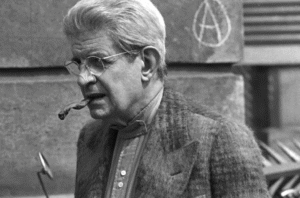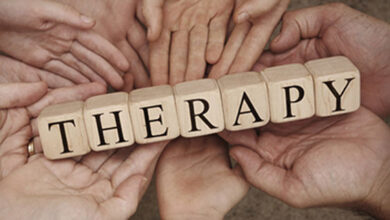The Power of a Single Word: A Revolutionary Shift in Psychological Healing

In the heart of every human experience lies a single, defining force—the word. Not merely a vessel for communication, but a living entity that shapes perception, emotion, and identity. While Jacques Lacan’s psychoanalytic theory acknowledged the significance of language, Word Therapy dares to go further. It argues that words are not just structural elements within thought—they are the very essence of our reality, the architects of our existence.
Imagine, for a moment, a world where every belief, every emotion, every memory is intricately bound to a word. What if the way we define a single term could dictate the course of our psychological well-being? Word Therapy asserts exactly that. Unlike traditional psychoanalytic methods, which often delve into unconscious symbols and narratives, this revolutionary approach focuses on the conscious interpretation of words, making it a powerful tool for healing.
Rethinking Lacan: Where Language Meets Transformation
The brilliance of Lacan’s mirror stage suggested that a child’s sense of self emerges upon recognising their reflection. But Word Therapy challenges this notion, arguing that the child’s identity is not formed by the image—it is formed by the words attributed to that image. A child does not understand “I” or “you” simply by seeing a reflection; it is words that give meaning to selfhood. Without language, the mirror remains merely glass—silent, directionless.
This paradigm shift in understanding self-perception redefines psychological exploration. Instead of analysing imagery, Word Therapy turns to word interpretation as the foundation of personal identity.

The Therapeutic Focus: Words as the Key to Emotional Healing
In a traditional therapy session, a psychologist might ask: “How do you feel?” or “Tell me about your childhood.” While introspective, these questions often lead to vague, broad discussions.
Word Therapy simplifies the process—it does not ask what happened, but instead asks: “What does the word ‘failure’ mean to you?” “How do you define ‘trust’?” “What emotion arises when you hear the word ‘strength’?”
By dissecting and redefining individual words, clients uncover hidden fears, false narratives, and limiting beliefs. The transformation is immediate—a shift in the meaning of a single word can dismantle years of psychological distress.
Lacan’s Limitations: The Gap Between Language and Interpretation
While Lacan recognised the unconscious influence of language, Word Therapy critiques his theory for not fully integrating the conscious transformation of words into therapeutic practice. The unconscious may indeed shape our perceptions, but if words are left unexamined, their power remains untapped.
Freud framed psychological issues largely within sexual conflicts, Lacan expanded this to symbolic structures of the unconscious, yet Word Therapy presents an entirely new dimension. It argues that psychological distress often stems from the misinterpretation of words themselves. A simple misunderstanding of abstract words—such as “success,” “failure,” “love”, or “identity”—can define an entire existence, shaping mental struggles in ways far deeper than previously imagined.
A New Era in Psychology: Words as the Cure
Word Therapy does not merely reinterpret Lacanian thought—it proposes a new psychological framework altogether. A world where therapy is not defined by dialogue or interpretation, but by the active transformation of the words that define personal experience.
Imagine, then, a world where psychological healing begins with the conscious awareness of language. A world where changing the meaning of a single word could liberate the mind. This is what Word Therapy promises. A revolution in understanding, a paradigm shift in psychology—a future where healing begins, not in the unconscious, but in the words we use to define ourselves.
